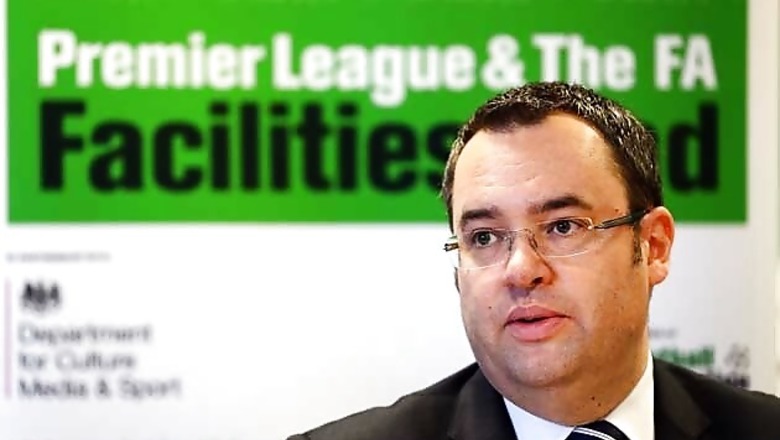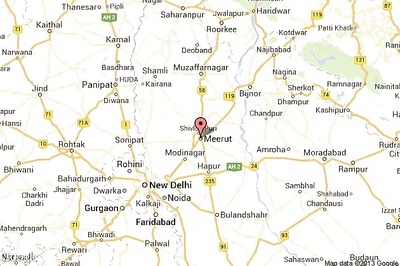
views
London: Match-fixing and spot-fixing are not a "big issue" in English soccer despite six people being arrested as part of a National Crime Agency (NCA) investigation this week, according to Football Association general secretary Alex Horne.
Horne was one of several senior officials from various sports summoned to a meeting with the Department of Media Culture and Sport on Tuesday as the fall-out from a sting set up by The Sun on Sunday newspaper continued.
Former Premier League striker DJ Campbell, now playing for Blackburn Rovers in the Championship, was confirmed by his club as one of the people arrested.
"The general consensus around the room was that this is not a big issue," Horne, who was joined by officials from tennis, rugby union, cricket and horse racing, told Sky Sports News after leaving the meeting.
"The intelligence we have says this isn't widescale at the moment but we don't want to be complacent and don't want to see this in our sport. We are doing everything we can; we are looking at all measures."
Cricket, snooker, tennis and horse racing have all taken a lead in anti-corruption measures following high-profile cases.
"We are never complacent on this issue and there is a lot we can learn from other sports," Horne said.
"Some of the education programmes put in place by cricket are very far advanced and the integrity unit the BHA (British Horseracing Authority) have in place is very advanced."
The England and Wales Cricket Board (ECB) was the first domestic national governing body to set up its own anti-corruption unit (ACCESS) in 2010 after Essex fast bowler Mervyn Westfield admitted spot-fixing during a Pro40 one-day game.
Westfield was subsequently banned for five years and given a four-month prison sentence while team mate Danish Kaneria was banned from English cricket for life after Westfield named him as the alleged instigator of the spot-fixing.
All players competing in English domestic cricket, including those from overseas, must agree to an anti-corruption code while they can also report any approaches from unregulated bookmakers or betting syndicates via a confidential phone line.
While the FA's Horne appeared to play down concerns about corruption, the ECB said the fight was ongoing.
"Our view is that we can never be complacent about this and that we have got to remain extremely vigilant at all times," ECB spokesman Andrew Walpole said.
"It's something we are very concerned about and that's why we have been so pro-active in setting up this unit."
Tennis set up the Tennis Integrity Unit in 2008 and there is a stringent code of conduct in place to combat corruption which players, coaches and members of their teams must abide by.
The ITU works closely with the men's and women's tours as well as reputable betting organisations.
Three players have been banned for life for violating the sport's anti-corruption code.
The Rugby Football Union (RFU) last month signed a three-year contract with Sportradar who will monitor domestic matches for evidence of betting-related corruption.
"Rugby union is not seen as a high risk sport in this regard but we recognise that it is essential to take proactive, preventative action to protect the game, its participants and its integrity," RFU CEO Ian Ritchie said at the time.
Snooker, whose former world No.5 Stephen Lee was in September given a 12-year ban for match-fixing, also works with Sportradar.
Culture secretary Maria Miller, who hosted Tuesday's meeting, said the government would continue to work closely with sporting organisations.
"We want to keep British sport clean and we'll do whatever it takes to achieve that," she said.




















Comments
0 comment